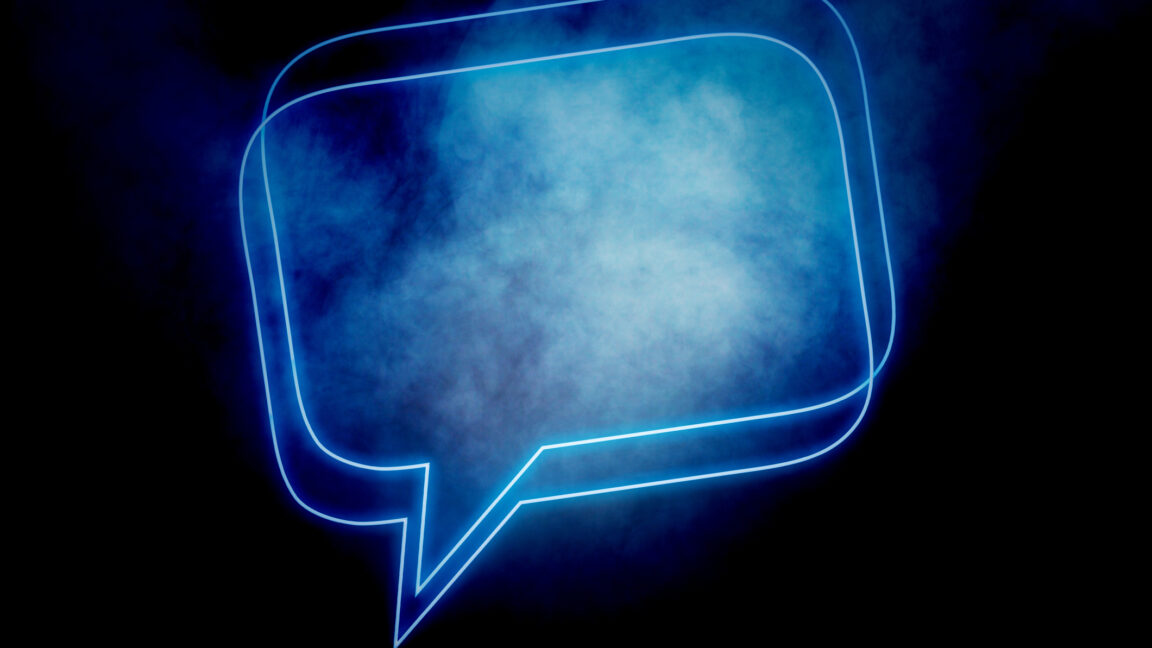OpenAI's ChatGPT Feature Backfires: Private Chats Exposed in Google Searches!










2025-08-01T17:21:54Z

What if your private conversations were suddenly plastered on the internet for all to see? This nightmare scenario became a reality for some ChatGPT users when a recent feature exposed their intimate chats in Google search results.
In a shocking revelation reported by Fast Company, it was discovered that thousands of private ChatGPT conversations were indexed online, potentially exposing sensitive details about users' lives. While the exposed chats didn’t include identifying information, some users had shared deeply personal reflections about relationships, mental health, and even their drug use, leading to an unsettling acknowledgment that they could be identifiable.
The issue gained traction after OpenAI's chief information security officer, Dane Stuckey, took to X (formerly Twitter) to clarify the situation. He explained that users had opted into this feature by clicking a box after they chose to share a chat. This means that while the sharing was voluntary, many users might have been unaware of the implications. Stuckey acknowledged that the feature, originally defended as having “sufficiently clear” labeling, ultimately presented too many risks for accidental sharing.
Fast Company further highlighted how the design of the sharing options could have misled users. When users clicked 'Share,' they were presented with a checkbox labeled 'Make this chat discoverable,' with a warning in smaller text just below it. Many users might have overlooked that important detail, leading to regretful exposure.
Despite OpenAI's attempts to clarify, the backlash mounted quickly. The sensitive nature of some chats being potentially visible to millions raised ethical concerns, particularly from voices in the AI ethics community. Carissa Veliz, an AI ethicist at the University of Oxford, expressed her shock at the potential logging of such sensitive conversations by Google, emphasizing the need for greater privacy protections in technology.
In the wake of this incident, OpenAI has removed the controversial feature, but the damage has already been done. This case serves as a sobering reminder of how quickly privacy can slip away in the digital age.
 George Bennett
George Bennett
Source of the news: Ars Technica